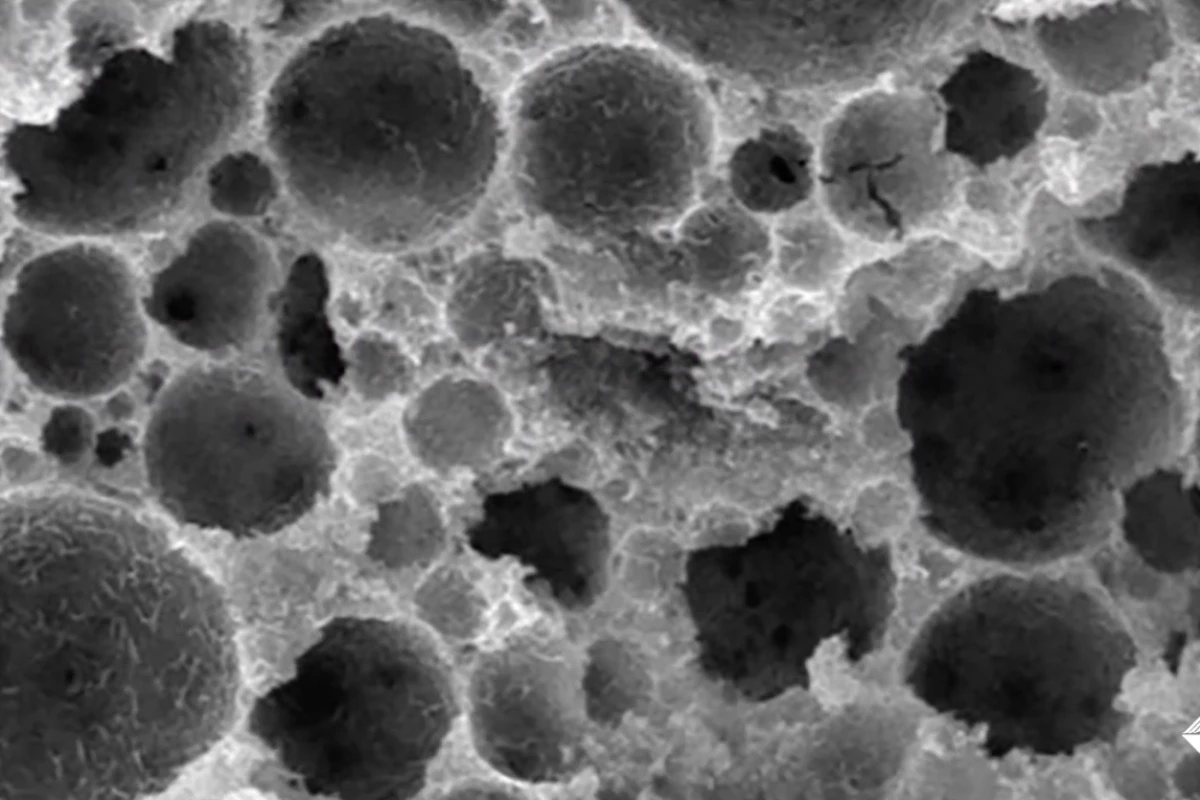Like anything else, concrete structures get dirty over time, and it's a hassle to clean them. Such chores may soon no longer be necessary, however, as scientists have developed what they claim is a self-cleaning concrete that isn't heavy – or weak.
Generally speaking, self-cleaning materials work by incorporating hydrophobic (water-repelling) surfaces that cause liquid to bead up and roll off. Not only does this feature keep those liquids from forming stains, but it also allows dust and dirt to be carried away with the repelled fluids.
Previous attempts at adding hydrophobic materials to concrete, though, haven't been entirely successful. When applied as a surface coating, for instance, they've ended up getting scratched off or worn away over time. And when mixed into concrete while it was still wet, they've compromised its strength upon drying.
Led by Prof. Xin Xu, researchers from the University of Science and Technology of China have come up with an alternative.
They started by combining wet concrete with an oil, an emulsifier, and a hydrophobic silicone polymer known as polydimethylsiloxane (PDMS). The oil and the PDMS mixed together, with the emulsifier then causing that mixture to form into droplets which were spread throughout the concrete matrix.
When the concrete was subsequently dried and heated, the oil evaporated, leaving tiny PDMS-coated pores where the droplets had been. The resulting material proved to be highly hydrophobic – repelling a wide variety of liquids – while also exhibiting light weight and high mechanical strength.
What's more, it retained its self-cleaning quality even after grinding, and exposure to both extreme heat and harsh chemicals. And as an added bonus, it was also found to be very good at absorbing sound and insulating against heat loss.
The scientists now hope that the concrete could be used not only for the construction of buildings and other structures, but also for bacteria-resistant surfaces in settings such as hospitals. A paper on the research was recently published in the journal ACS Applied Materials & Interfaces.
Source: American Chemical Society




